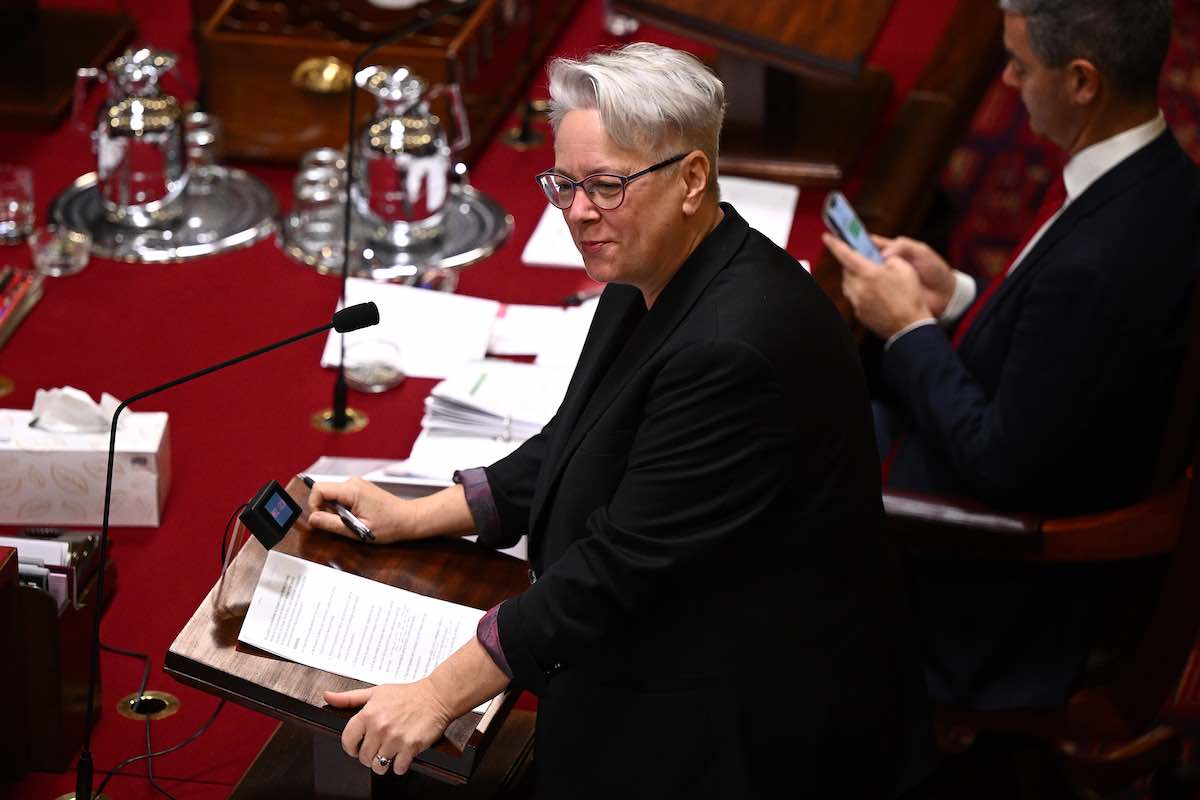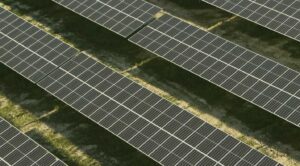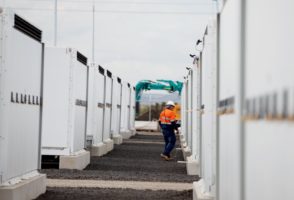NSW parliament has voted unanimously to enshrine the state’s emissions reduction task in law, legislating a new 70 per cent by 2035 target as well as the Paris aligned goal net zero by 2050.
The landmark legislation was passed on Thursday morning in what is being hailed as notably cooperative and collaborative cross-party effort led by the Labor Minns government.
It was passed through the Lower House unanimously, after amendments were agreed to in the Upper House to reach broad consensus. It will now be signed into law by the NSW Governor.
“Climate change is an environmental challenge, but also poses an economic opportunity,” said state energy minister Penny Sharpe on Thursday.
“This Bill provides certainty for industry, business, investors and all sectors of the NSW economy, and shows them they are not alone in responding to this challenge.
“I welcome the discussion and multi-party support that has led to the passage of this Bill and look forward to accelerating the transition to renewable energy that will deliver cleaner and more affordable energy to households and businesses.
“The passage of this Bill shows Labor can build consensus on what is right for NSW and deliver on its key election promises, despite holding minority government,” Sharpe said.
The result is particularly encouraging given the NSW Nationals-led push back against renewables in the state’s regions, where the state’s solar, wind and transmission build-out will be focused as it works to quit coal.
“It’s fantastic that the government, the NSW Liberal Party, NSW Nationals, Greens and crossbenchers worked together to get an excellent result,” said Farmers for Climate Action CEO Natalie Collard in comments on Thursday.
“The NSW Coalition has shown what can be achieved with sensible collaboration: increased focus on regional communities paired with increased ambition. What a fantastic outcome.”
Georgina Woods, a Newcastle-based environmentalist and the h at the Lock the Gate Alliance, said on Wednesday that the speeches in the Legislative Assembly were a “joy to read.”
“Everyone thanking each other for cooperating, affirming commitment to ambitious action, acknowledging community advocates,” Woods tweeted on Thursday.
“Of course, ‘The big test for this legislation will be how it mitigates fossil fuel emissions in the mining sector,’ as Alex Greenwich told the parliament.”
The Climate Change (Net Zero Future) Bill 2023, which delivers on an election promise, also establishes an independent Net Zero Commission to monitor the state’s progress to net zero, including through annual reports to ensure parliamentary transparency and accountability.
The Net Zero Commission can provide independent advice on projects and policies across the NSW government including approvals of any new coal and gas projects.
This will prove interesting in debate around the future of Origin Energy’s Eraring power station, one of Australia’s most polluting coal plants located on the shores of Lake Macquarie.
Origin has set a date to close the plant in 2025, but there has been speculation that the Minns government might intervene, to keep at least a couple of the plant’s four 720MW units open for longer to ease supply and price pressures on the market.
Of course, keeping polluting coal plants open longer than they need to be would be counter to the state’s now legislated emissions reduction targets, as groups like Nature Conservation Council of NSW have noted.
“The Minns government can’t prop up the largest coal plant in the country without seriously undermining its climate agenda,” the NCC CEO Jacqui Mumford said last month.
“The science is very clear on what needs to happen to meet this responsibility – we need to reduce emissions across every sector of the economy.”
This week, though, the NCC’s Mumford had nothing but praise for the government, describing the passage of the Climate Bill as a “milestone in the shift to a clean, green energy system” and a triumph of negotiation.
“I also applaud members of the crossbench and opposition for the many vital improvements they made to the bill, and Labor for their willingness to negotiate and prove that bipartisan support for climate action is achievable,” Mumford said.
“We’re also really excited that this is the first law in Australia to recognise the right to a clean, healthy and sustainable environment.
“Rarely do we see governments able to secure such broad support for reforms. The NSW Parliament should be celebrated for this show of multi-partisanship for our collective future.”
Farmers for Climate Action also welcomed changes to the NSW laws that highlight the impact of climate change on rural communities and the important role they will play in addressing the impacts of climate change.
The Climate Change (Net Zero Future) Act will:
– Require NSW to reduce greenhouse gas emissions to 50% by 2030 compared to 2005 levels.
– Require NSW to reduce greenhouse gas emissions by 70% by 2035 compared to 2005 levels.
– Require NSW to achieve Net Zero emissions by 2050.
– Establish an independent Net Zero Commission to monitor, review, report on and advise on progress towards these targets.
– Establish guiding principles to address climate change.
– Commit to NSW becoming more resilient to climate change.








